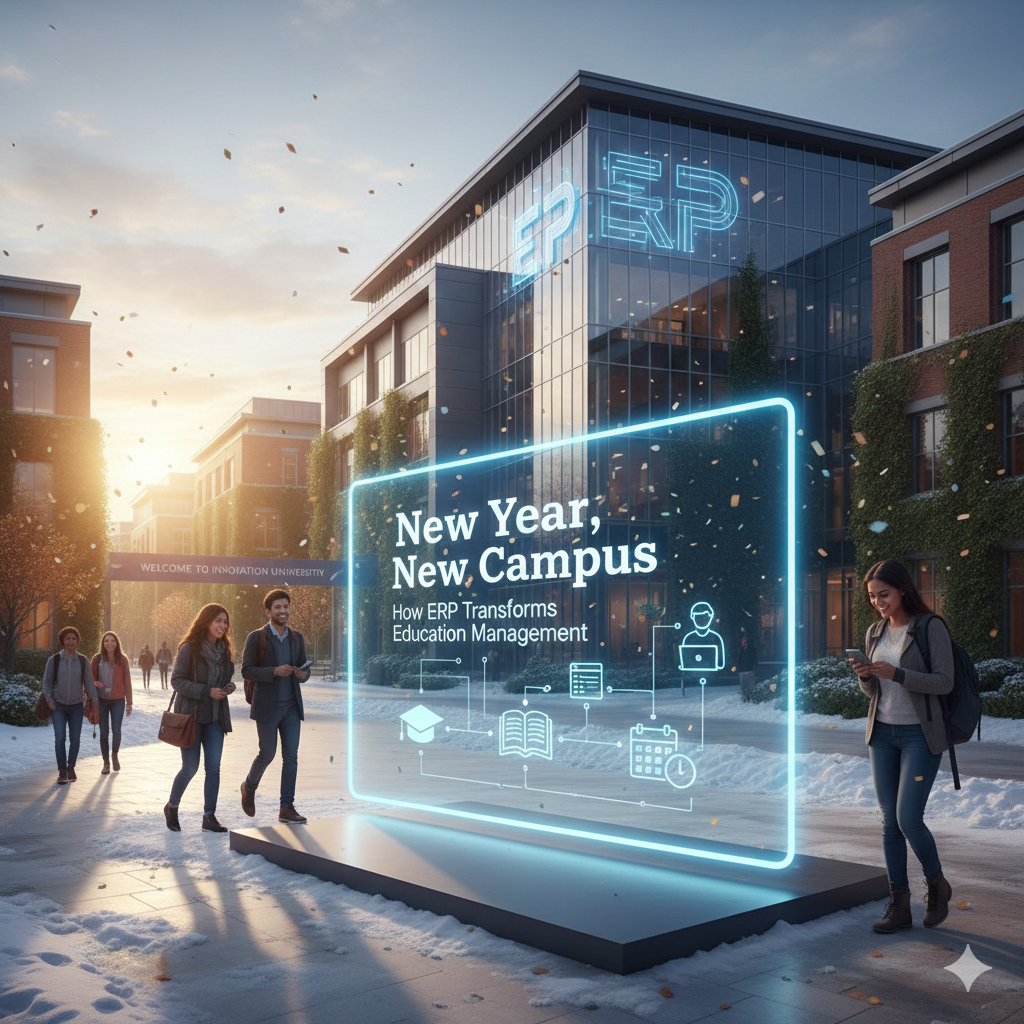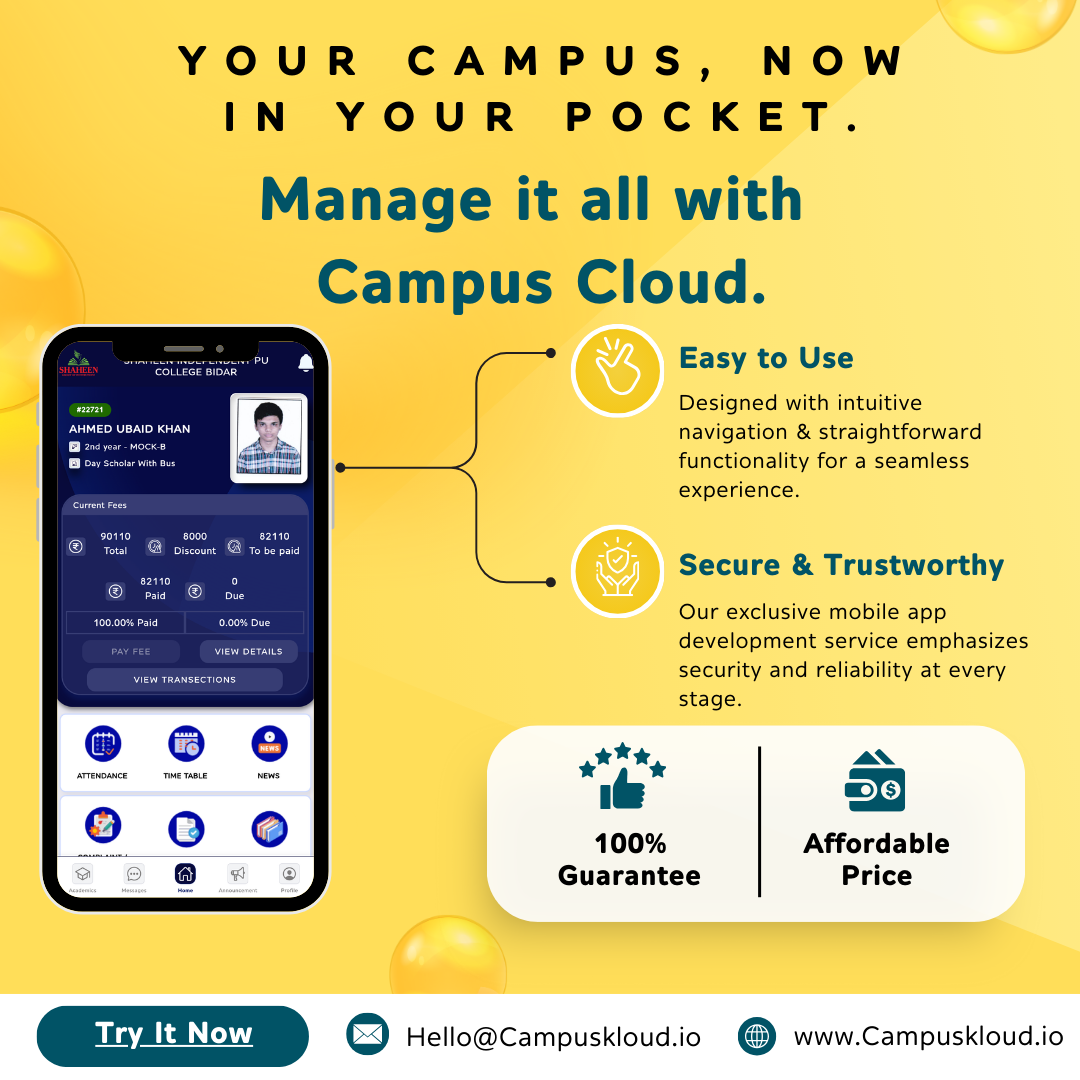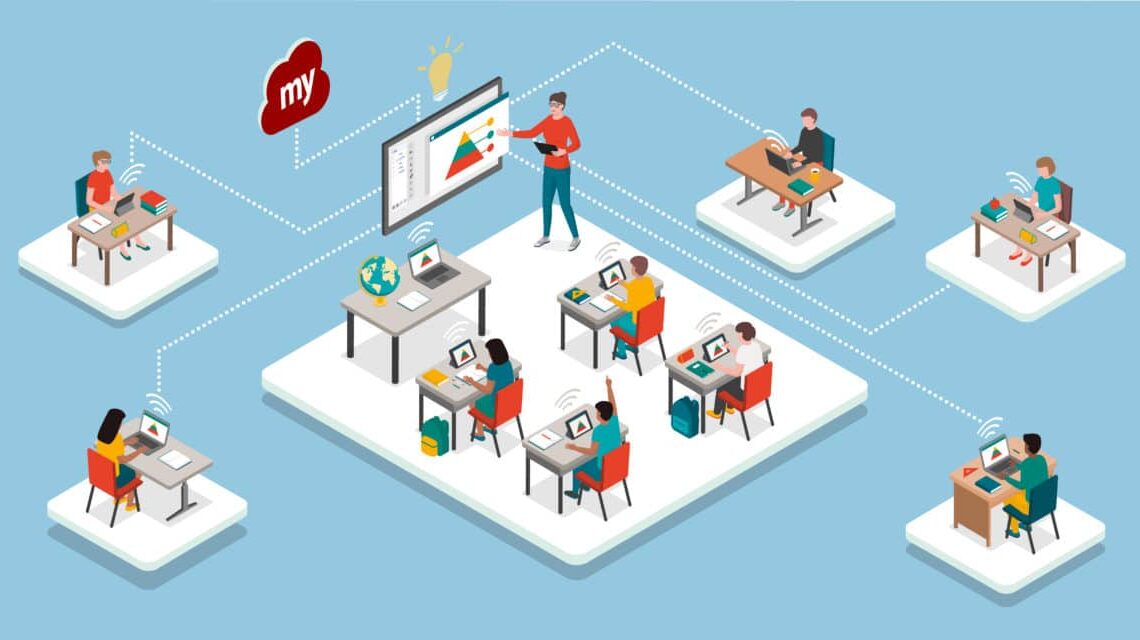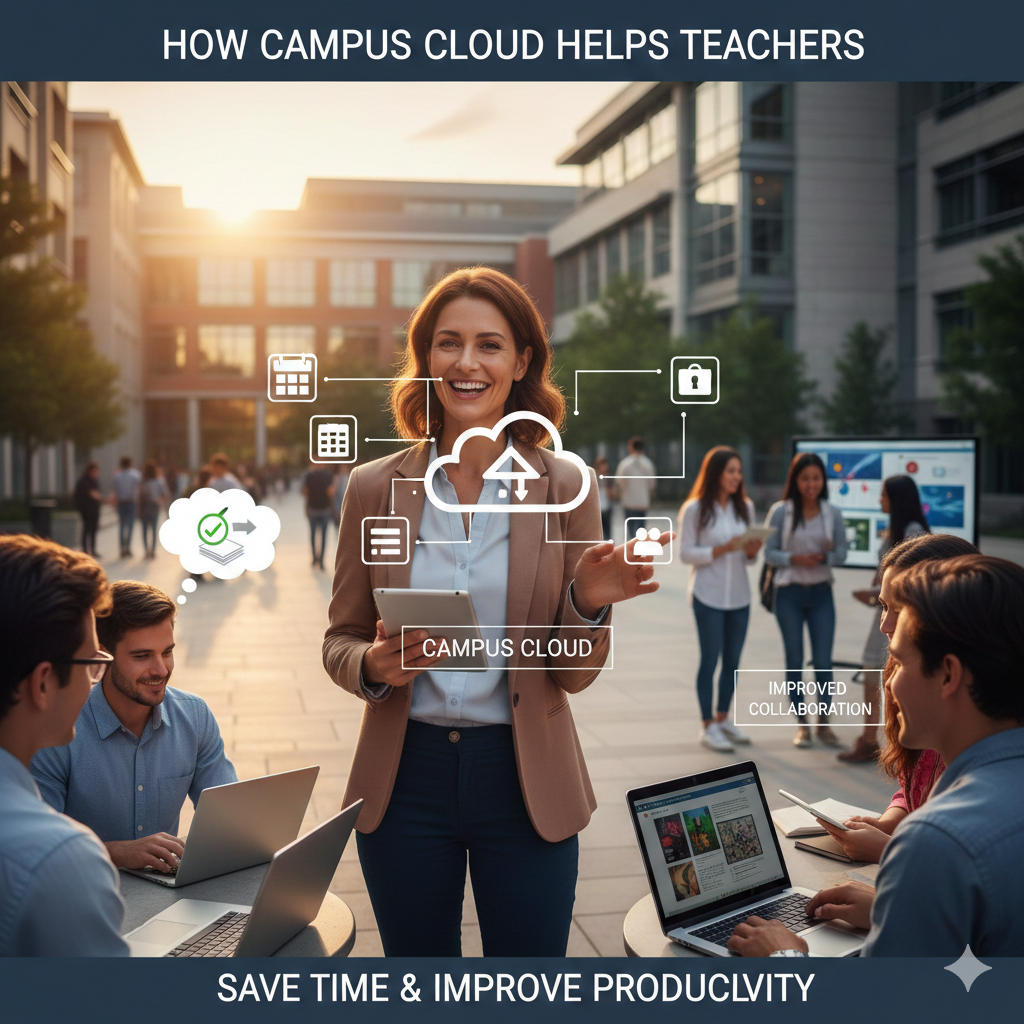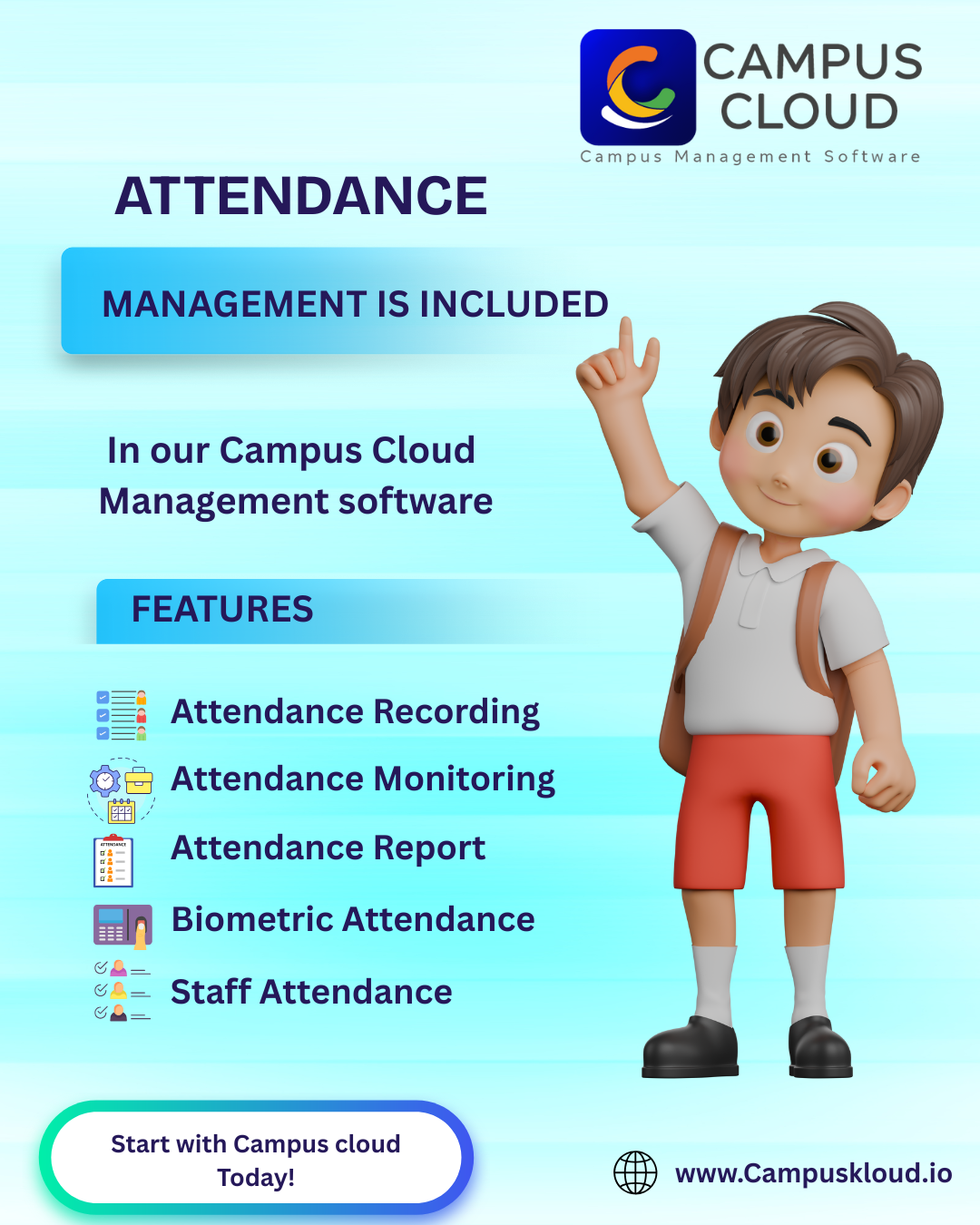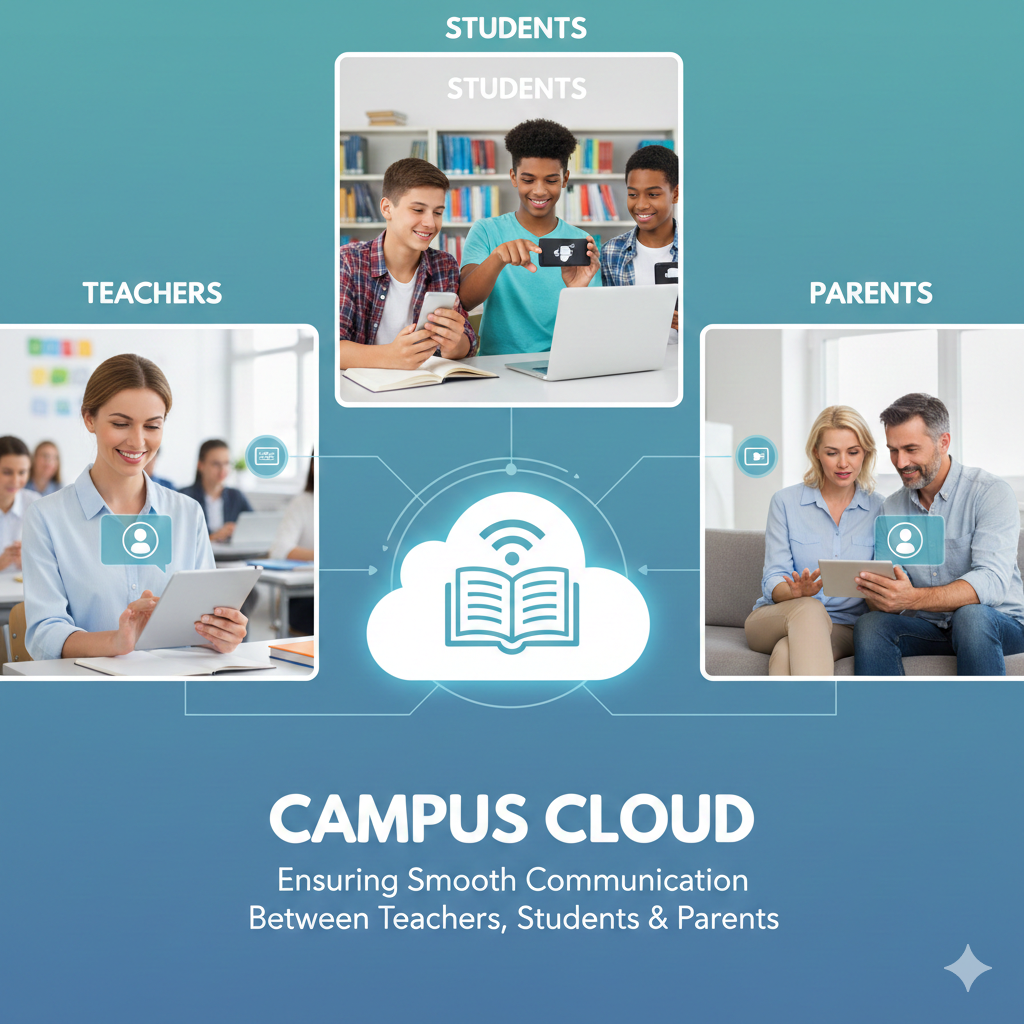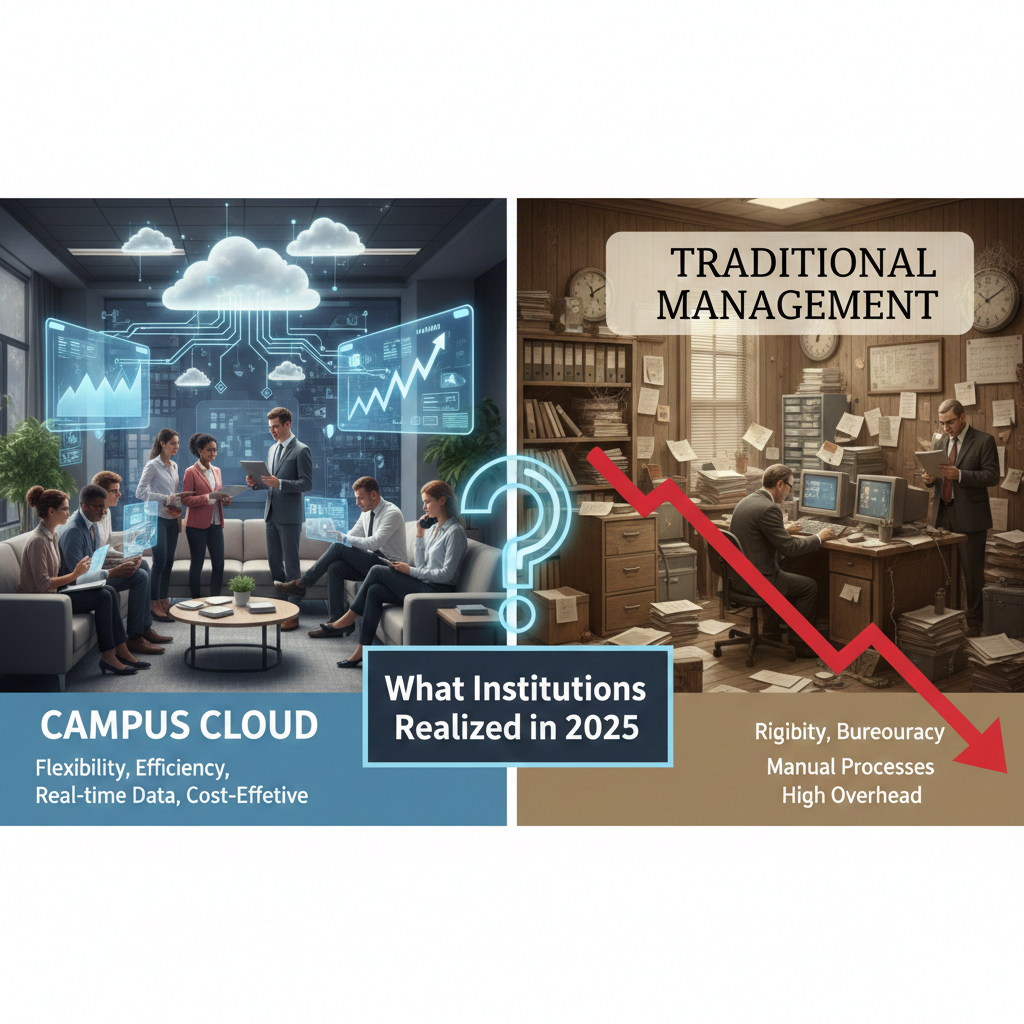The beginning of a new year is the perfect time for educational institutions to reflect, reset, and plan for the future. With increasing administrative demands and rising expectations from students…
Posts published in “LMS”
Administrative workload is one of the biggest challenges faced by educational institutions today. From managing admissions and attendance to handling exams, fees, and reports, administrative teams often spend more time…
The way educational institutions operate has changed significantly. Administrators, teachers, students, and parents no longer rely only on desktops or office systems. Today, information is expected to be accessible anytime,…
Implementing an ERP system is a major step toward digital transformation for any educational institution. However, many institutions fail to achieve the expected results—not because ERP doesn’t work, but because…
A new year is the perfect time for fresh beginnings. For educational institutions, it’s an opportunity to rethink how campuses are managed and how technology can simplify everyday operations. This…
In today’s fast-paced academic environment, teachers are expected to balance teaching, evaluations, administrative work, parent communication, and continuous reporting. While their core focus should be on delivering quality education, repetitive…
Attendance tracking is a foundational process in every educational institution—but when handled manually, it often leads to inaccuracies, time loss, and administrative overload. As institutions move toward smarter campus operations,…
In today’s fast-paced academic environment, clear and timely communication is the backbone of a successful institution. Teachers need quick ways to share updates, students need instant access to information, and…
As 2025 comes to a close, one thing is clear — institutions are no longer asking for just software; they’re asking for smarter experiences. From administrators and faculty to students…
The year 2025 marked a turning point for educational institutions. With digital adoption accelerating like never before, schools, colleges, and universities finally experienced the true difference between modern cloud-based systems…
